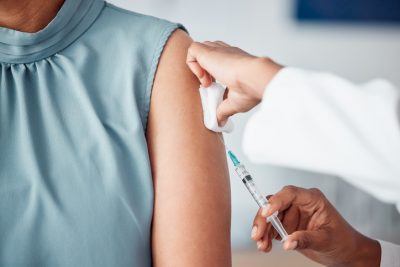Subcutaneous injection of lenacapavir every 26 weeks had 100% efficacy in preventing human immunodeficiency virus (HIV) infection in a high-risk population.
Subscribe Now for Access
You have reached your article limit for the month. We hope you found our articles both enjoyable and insightful. For information on new subscriptions, product trials, alternative billing arrangements or group and site discounts please call 800-688-2421. We look forward to having you as a long-term member of the Relias Media community.

